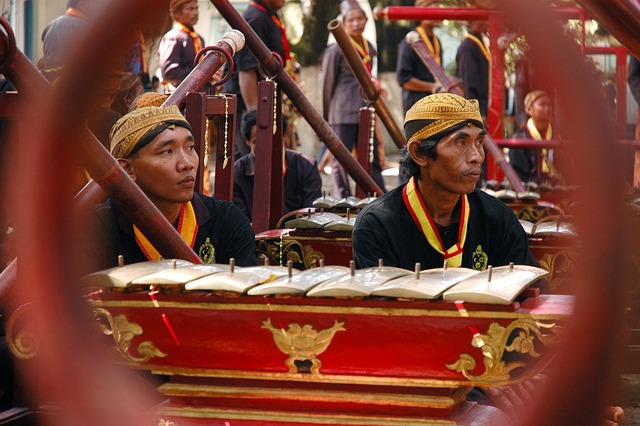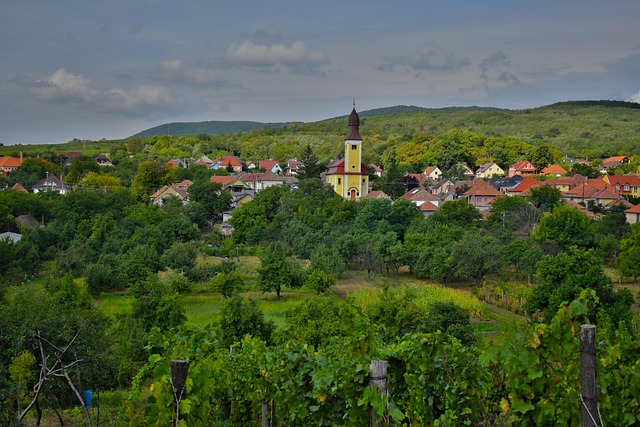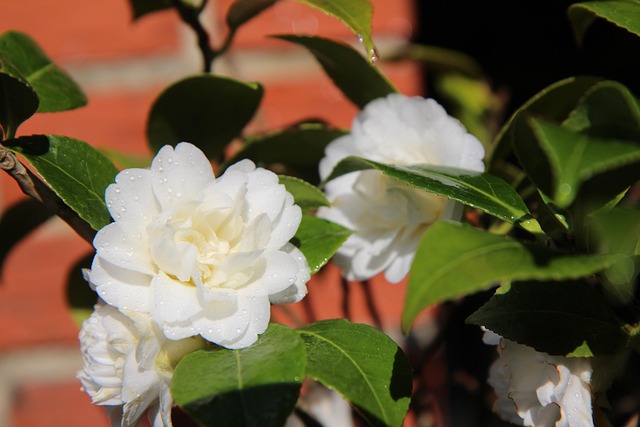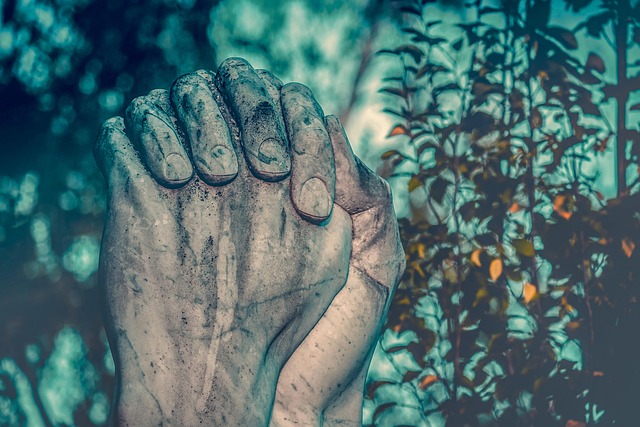The holiday season often brings a medley of traditions that we hold dear, shaped significantly by our religious backgrounds. These sacred threads of tradition weave through our celebrations, reinforcing our identities and fostering a sense of community among believers.
For many, religion is the cornerstone of holiday festivities. Each tradition, from lighting candles to attending services, serves a dual purpose: not only does it honor profound spiritual beliefs, but it also strengthens familial and communal bonds. As we gather with loved ones during these festive times, we often find ourselves engaged in age-old practices that have been passed down through generations, making us feel a connection to our ancestors and to one another.
Take the celebration of Christmas in Christianity for instance. The tradition of decorating a Christmas tree, singing carols, and exchanging gifts reflects both the joy of the season and the narrative of the birth of Jesus Christ. Each ornament hung on the tree or song sung in joy carries with it the weight of history and the love of those who came before us. In this way, traditions become markers of shared faith and collective memory.
Similarly, during Hanukkah, Jewish families come together to light the Menorah, reciting blessings and stories that have shaped their faith over centuries. The ritualistic act of lighting each candle serves as a poignant reminder of miracles and perseverance, making it a festival that resonates deeply within the Jewish community.
In Buddhism, the tradition of Vesak celebrates the birth, enlightenment, and passing of the Buddha, reminding practitioners of the importance of compassion and mindfulness. Gathering to participate in rituals such as meditation and offering alms not only honors the significance of these events but also nurtures a deep sense of spiritual commitment and peace within the community.
Islam also showcases rich traditions during the holy month of Ramadan, where fasting and prayer become central components of daily life. The evening Iftar meals shared with family and friends symbolize not just the end of a day of fasting but also the vitality of community spirit and hospitality. The traditions observed during Ramadan are profound reminders of self-discipline, empathy, and generosity.
Across cultures and faiths, these holiday traditions serve as the heartbeat of our celebrations, infusing them with meaning and purpose. They create spaces where we can reflect, rejoice, and renew our faith. Each tradition, whether it’s the rituals of worship, the festive meals shared, or the community gatherings, reinforces the importance of belonging and remembrance in our religious lives.
As we embrace these sacred threads, let us cherish the unique traditions that shape our holidays and the deep feelings that accompany them—feelings of love, hope, and unity that have stood the test of time. Through tradition, we not only honor our past but also invite new generations to join in the celebration of faith and community.




